Editor and agent comments caused me to spend a bit of time thinking about the word 'fuck' this week, especially the strange way it operates when used in character dialogue. Fuck is not a word like other words - it's tricky and mysterious, and sometimes it's one thing, and sometimes it's another.
What the F am I talking about? What exciting conclusions did I draw? Come read my very writerly post over at The League of Reluctant Adults to find out!!!
Image: F images by ACF from wikimedia
Review: Alien Instinct by Cara Bristol
-
Alien Instinct Author: Cara Bristol Reviewer: Sophia Rose Rating: A What
I’m Talking About: His alien race invaded and decimated her world, now they
must f...
2 hours ago
























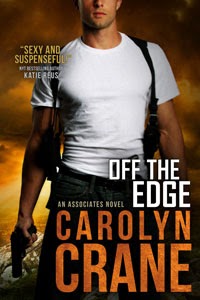












































































































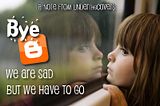
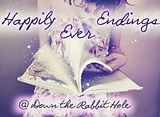












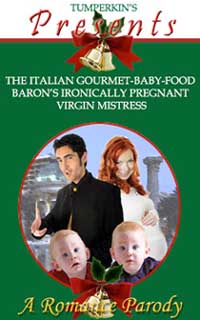
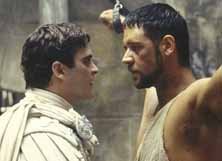

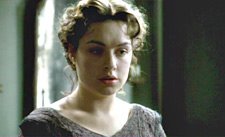
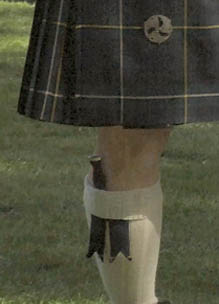


6 comments:
My mind is in the gutter, apparently, because I thought you would be writing about how characters talk about sex, not swearing. I guess I've read too many romance novels lately.
I liked the post. I'm also glad I only have to read dialogue, not write it, because I know I would be terrible at it. It really is amazing how inarticulate real-life dialogue can be, if you pay attention. I never really noticed it until I took a linguistics class and had to write a transcript for an hour-long tape of a mother, her child, and my group member.
Isn't it amazing when you record speech? I do a lot of interviews for my day job, and I'm always surprised. (And horrified, because I'm the most inarticulate of all on tape).
How characters talk about sex...that would make an interesting post, too!
One of the things that interested me during the project was how much we depend on body language and facial expressions - it's not just about what people say or even how they say it, but what they're doing when they say it. Which was made painfully clear to me when my group member and I realized we had taken really incomplete and/or confusing notes about what was going on and what people were doing while everything was being said.
For the interviews you do, is there a separate someone who keeps track of body language/facial expressions/other visual stuff, or do you just scribble notes for yourself while you're doing the interview? Or do you just rely on what you remember?
Heh, now I kind of want to take a closer look at some of my favorite dialogue in various books. I have a feeling that, in most cases, the thing that makes the dialogue seem so great won't necessarily be what's being said, but rather what's being said plus everything that's going on at the same time plus what people are thinking while they're doing and saying everything. Really good book dialogue tends to have lots of levels, I think.
I read a book not too long ago that had some very ordinary, everyday conversations at the beginning (things like talking about breakfast, what everyone was planning to do that day, etc.). It could have been really boring, but instead it was just really great, because of all the things that were going on that weren't in the dialogue. I remember those early ordinary conversations better than the tearjerker declaration of love the book ended with, actually.
Sorry of the long comment, but dialogue is just such an interesting topic. :D
That sounds like an interesting project you did, and what a disaster if you needed that other information!
I would love to know what book you're talking about with the ordinary dialogue, and all the activity running underneath it. That makes me think of the opening scene of Pulp Fiction, with the killers on their way to kill a guy, and they're talking about Burger King. I love things like that, and I totally agree, there is so much more than what is said. Which is why people are so easily upset online.
I loved my linguistics classes so much. I always wish I'd taken more of them. I learned so much, especially in my sociolinguistics classes.
In my interviews, its just for a home decor type magazine, so I don't need much subtext. In fact, I clean up the people's speech, and they have no idea. There have been times when I've been under such deadline pressure that I don't transcribe my tape and all and just recreate my own version of what people said, just capturing the spirit of what they said ("This is a wonderful room for entertaining, especially around holidays!") and if it's written well enough, they will think they said it just that way. Conversely, if I keep in anything they deem improper speech or unclear, they think they didn't say it.
Which just goes to that thing we were saying, how people think conversational speech is so much more proper than it is.
The book I was thinking of was When He Was Wicked by Julia Quinn, which has several things in it that I don't usually like in romance novels (heroine who's a grieving widow, hero who does some stuff that made me want to smack him, even though I could understand why he did it). I loved the early dialogue in the book, when the heroine's husband is still alive. The book's hero is madly, secretly in love with the husband's wife and hates himself for it, because he's the husband's cousin and friend. The early dialogue is ordinary but completely awesome (for me, anyway) because it's all happy torture for the hero, and the heroine and her husband are completely unaware.
OK, you so drew me in. Off to read the full post :)
Post a Comment